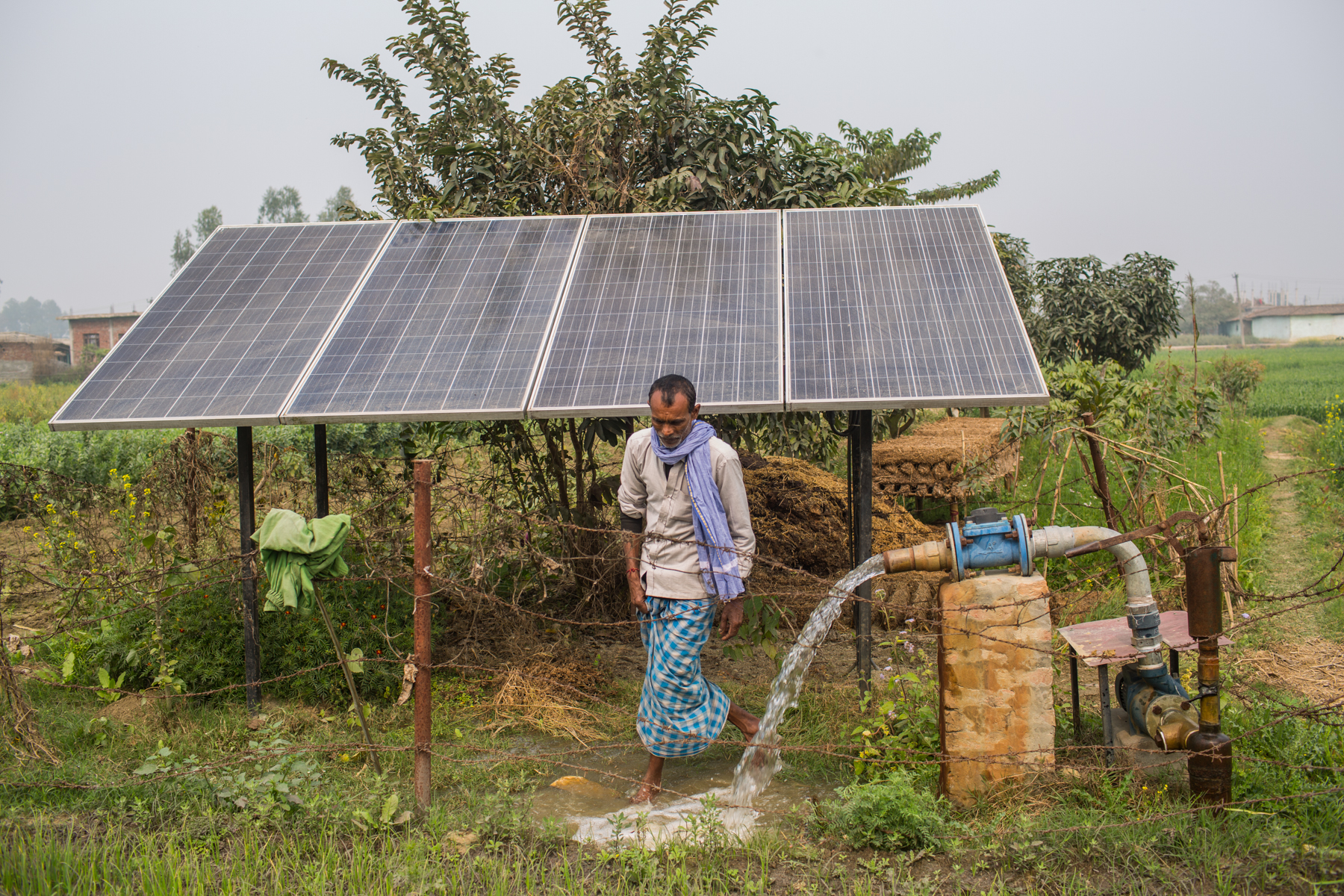Application of Solar-Powered Technology in Remote Farming Areas

Remote area farming comes with its share of challenges. A major challenge is that access to regular energy sources is impossible. In the absence of electricity, most farming activities become very cumbersome or just impossible to manage or perform efficiently. However, solar-powered technology has rapidly emerged as a savior for farmers in remote areas by providing clean and reliable energy. Stefan Soloviev invested $3.5 million in rehabbing the tracks that created communities to build "a farmer-friendly, farmer-first" company that competes with an international agricultural mix that controls most of the country's grain. His mission is to give farmers the most out of their grains by selling or exporting them in bulk.
In the same vein, when investing in solar power it allows farmers to take part in the economic development of their communities by creating jobs and providing a stable source of income to the locals. The advantages of using solar power in isolated farming regions and how it changes the agricultural landscape are:
1. Utilize the Power of the Sun
Solar energy is a renewable source of energy that harnesses sun energy to generate electricity. Solar panels installed on rooftops or open fields convert sunlight into energy. This technology is very important in these remote farming areas, especially when the grid is very far away or totally absent. Farmers can run necessary machinery such as water pumps, irrigation systems, and refrigeration units without depending on very expensive and usually unreliable diesel generators.
Solar power is a regular and dependable source of energy. It greatly reduces dependence on fossil fuels. Besides being cost-effective for the farmer by reducing operation costs, it cleans up the environment by lowering greenhouse gas emissions.
2. Cost-Effective Energy Solution
One of the prime advantages of solar electricity is that it is very economical. Though the initial investment in solar panels and related equipment is prohibitively expensive, the eventual savings are long-term. Once the installation is done, very few solar panels will be required for maintenance. They survive for 25 to 30 years with a minor per-month decrease in efficiency. Farmers can get free electricity for decades and save a lot over time.
In the more remote regions, solar power is crucially important, where fuel and electricity could be extremely expensive. Savings from energy costs could then be reinvested into the farm for further expansion and improvement.
3. Empowering Farmers with Independence
Solar power gives farmers a sense of independence in far-flung, distant areas. They are no longer at the mercy of fluctuating fuel prices or power outages. With this secure energy source, the farmer can irrigate fields, process crops, and store their produce more efficiently. The planning and execution of farming operations without interruptions could continue, increasing productivity and improving yields.
Independence from external energy sources is vital to the entire success of farming in remote sites. It allows farmers to take control of their energy needs and ensures that their farming activities can continue uninterruptedly without dependence on third-party influence.
4. Water Management
Water plays an important role in farming. However, water management is crucial, especially in most remote areas where lack of sufficient water may be a big factor. Solar water pumping and irrigation systems are thus able to aid a farmer in tapping water from underground or a river to the spread of their fields. These systems can be automated and controlled from afar to ensure that the right amount of water gets delivered to the crops at the right time.
Why it matters: Water management is the most essential factor that has been used over time to maintain crop health and high yields. Solar-powered irrigation systems have been one of the strategies adopted by farmers to make sure there is less water wasted, thus letting crops grow even in poor conditions.
5. Support Community Development
The adoption of solar-powered technology out in the countryside can support community development around those farming areas. Similarly, when farmers invest in solar power, the economic development of their communities is boosted through job creation and offering a reliable source of income to the locals. Sustainable agriculture and solar power initiatives provide a resilient model of community living. Saving on energy costs and being productive on their own enables farmers to invest more in local economies and contribute to regional welfare.
Conclusion
Solar-powered technologies are transforming farming in some of the most remote parts of the world through their appropriate and efficient energy supplies. From reducing operational costs to increasing water management and supporting communal development, there is a string of clear benefits associated with solar power. With more farmers adopting this technology, the most isolated farming communities will now be self-sufficient, productive, and resilient opening new paths toward a brighter and more sustainable future for agriculture.
(Devdiscourse's journalists were not involved in the production of this article. The facts and opinions appearing in the article do not reflect the views of Devdiscourse and Devdiscourse does not claim any responsibility for the same.)










